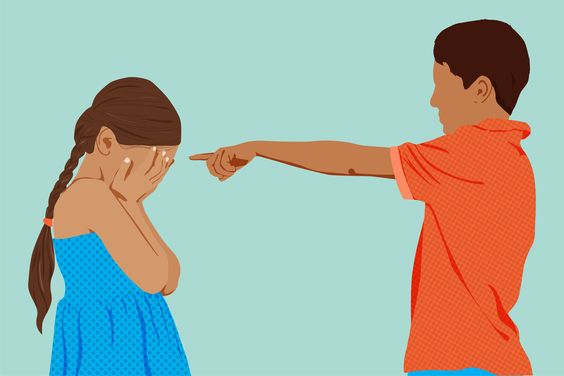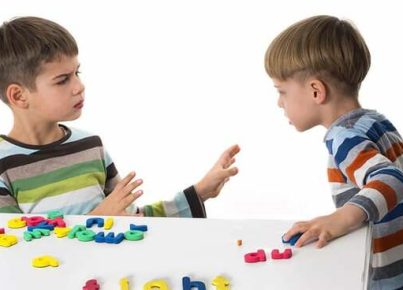Introduction:
Society has a tendency to blame maladaptive behavior in children on an inherent lack of morals. However, this perspective is not only simplistic but also misguided and counterproductive. By understanding the possible factors contributing to these behaviors and eliminating the so-called “moral deficiency” as an explanation, we can better address the challenges that children face and promote their overall well-being.
Factors Affecting Children’s Behavior:
1. Biological Factors: Various biological factors such as genetic disposition, hormonal imbalances, or neurological conditions can influence a child’s behavior. Conditions like attention deficit hyperactivity disorder (ADHD), autism spectrum disorder (ASD), and other learning disabilities might manifest in disruptive or impulsive behaviors.
2. Environmental Influences: Children are often influenced by their surroundings. Exposure to violence, abuse, or neglect can lead to behavioral problems. Additionally, social and economic factors such as living in poverty or growing up in a dysfunctional family may contribute to undesired behavior patterns.
3. Emotional Regulation: Developing emotional regulation skills is an essential part of human development. Some children may struggle with processing emotions such as anger, sadness or fear, which can lead to behavioral issues.
4. Peer Pressure: Many children and adolescents succumb to peer pressure and may adopt negative behaviors to fit in with others.
Understanding these contributing factors allows us to empathize with struggling children as opposed to casting blame for their perceived lack of morals.
The Importance of Empathy:
By showing empathy towards children with behavioral challenges, we acknowledge that their actions might result from underlying struggles. This understanding paves the way for constructive intervention strategies aimed at addressing the root cause rather than merely punishing negative behaviors.
Role of Parents and Educators:
Parents and educators must work together in identifying factors that may be contributing to problematic behaviors in children. Open communication, a supportive environment, patience, and consistency are fundamental components of a healthy upbringing that fosters children’s emotional and behavioral development.
Conclusion:
Blaming children’s maladaptive behavior on a lack of morals would not only be an oversimplification but also a disservice to their growth and development. By recognizing the potential factors affecting their conduct and providing the necessary support, we can help children overcome their challenges and flourish into responsible and empathetic adults.





